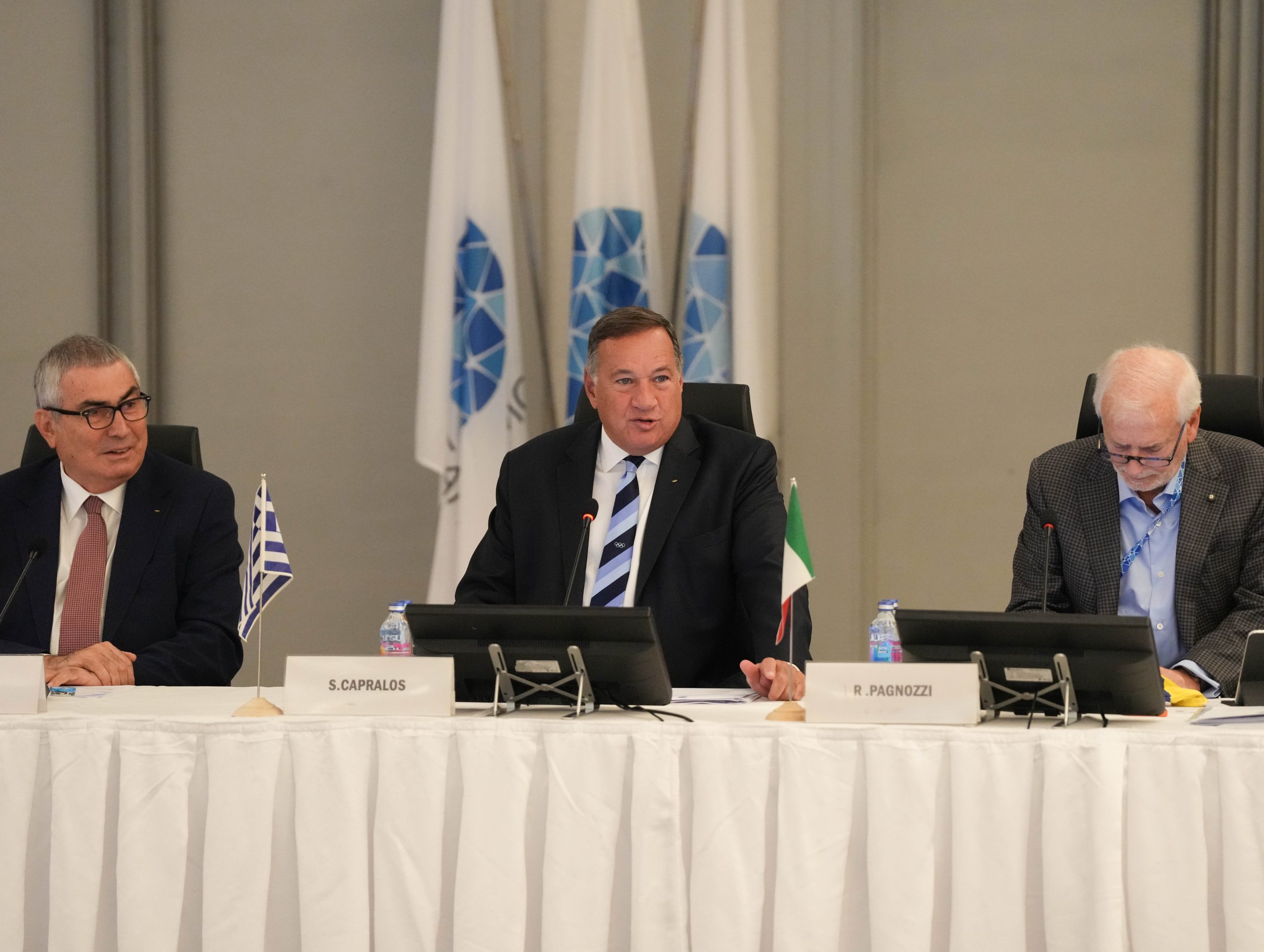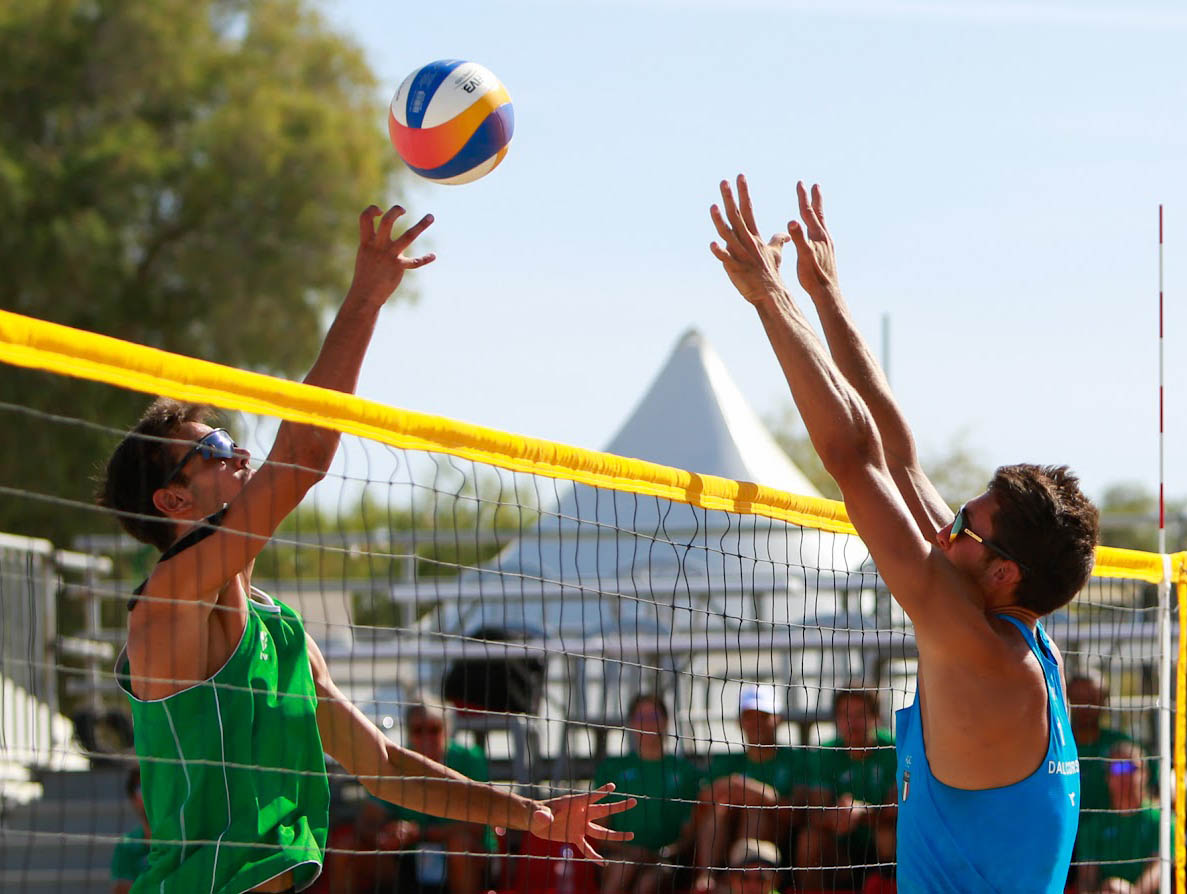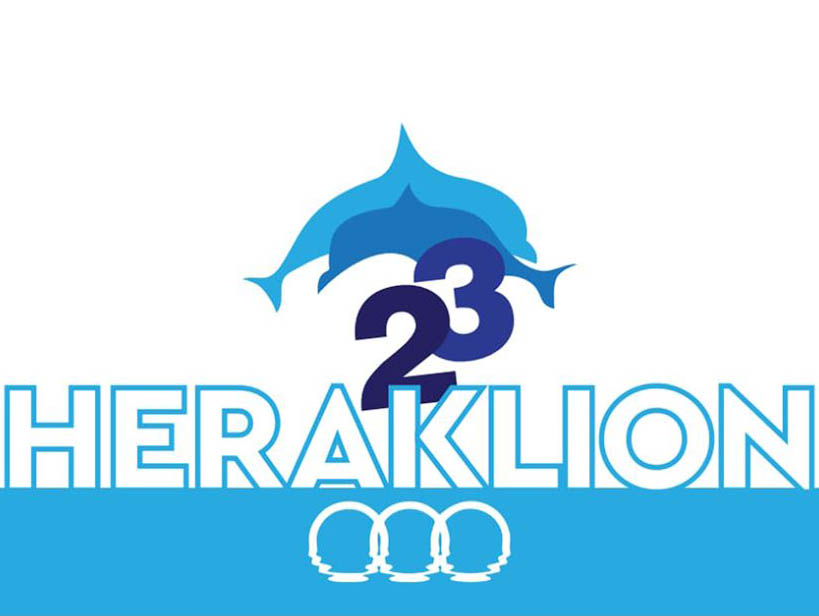1. Opinion in the Bacardi France case
In the cases of the Commission/ France and Bacardi France SAS/Télévision Française TF1, Groupe Jean-Claude Darmon SA and Girosport Sarl, Advocate General Tizziano delivered his Opinion on 11 March 2004.
Both of the cases pending before the European Court of Justice (C-262/02 and C- 429/02) concern the French law about fighting addiction to nicotine and alcoholism, the so-called Loi Evin.
As a result of this law, the French broadcasters must use every means possible during sports events, that are mainly meant for the French public, to avoid advertising for alcoholic beverages appearing during the programme. Violation of the regulations is punished with a fine of about EUR 75,000 and can be increased by up to 50 percent of the sum spent on the forbidden advertising. It is doubtful whether the French law is compatible with the principle of freedom to provide services anchored in Community law.
In the Bacardi France case, the television network TF1 had ordered the companies Groupe Jean-Claude Darmon and Girosport, that it had charged with the mediation of rights for the television broadcast of football matches, to ensure that brands of alcoholic beverages did not appear on the screen. As a result of this, a number of foreign football clubs declined to hire advertising panels on the edge of the pitch to Bacardi France, that produces and sells numerous alcoholic drinks.
The first Advocate General advised the court to decide that the French regulation of television advertising for alcoholic beverages is not a violation of the principle anchored in article 49 and the following of the EC Treaty of the free movement of services, as although it limits it, this limitation can be justified as it is meant to protect public health.
2. Commission tests limitation of foreigners in amateur football
On the grounds of the objection of a German student living in Spain, the European Commission is currently testing the regulations of the Royal Spanish Football Federation.
The Spanish football federation refuses to issue the student with a players pass for amateurs, evoking a regulation that stipulates that foreigners older than 23 may only play football on a lower regional level.
According to the initial assessment by the European Commission, the regulation of the Spanish association via the access to national competitions for amateur soccer players violates article 12 of the EC Treaty, that prohibits any discrimination on the basis of nationality.
According to the regulation of the Royal Spanish Football Federation, access to the national competition for amateur soccer players is reserved for Spanish subjects. Foreign players receive an amateur soccer player licence, with which they are only entitled to play in the regional competition. For foreign players aged over 23, the licence can only be issued for participation in the competition at the lowest regional level. On the other hand, the regulation does not specify a maximum age for Spanish subjects for participating in amateur soccer competitions.
Within the framework of the procedure, the European Commission is currently investigating the regulations of the football associations of all the member states for limitation of foreigners in amateur football.
It can be assumed that the consequences of this procedure will also point the way for the regulations of other sports federations in the EU member states.
3. Commission inquires into Danish restrictions on sports betting
The European Commission considers the Danish Act on Certain Games, Lotteries and Bets adopted on 26 March 2003 in contradiction with the provisions of the EC Treaty on the free movement of services and on the freedom of establishment. For that reason the Commission sent an official request for information on the Danish legislation, the first step of an infringement procedure. Denmark has to respond within two months. Consequently, the Commission could ask Denmark to change its legislation and / or take the case to the European Court of Justice.
Background
The Danish Act on Lotteries from the 26 March 2003 renders it illegal for any service provider, operating under a gambling licence of another Member State than Denmark, to advertise and/ or supply gaming services. The Commission is concerned that this could contravene Art 49 of the EC Treaty on the free movement of services.
Furthermore, the Danish legislation makes it impossible for EU based service providers of sports betting services to establish a presence in Denmark for example by setting up an office and to supply their services via that presence. The Commission considers this provision in contradiction to the principle of the freedom of establishment enshrined in Art 43 of the EC Treaty.
In the Commissions view, the Danish regulations are disproportionate to general interest objectives recognised by the European Court of Justice (such as the protection of consumers or the maintenance of public order). According to the ruling of the Court restrictions must seek to limit gaming services in a consistent and systematic way. (See C-243/01, Gambelli)
4. Bathing Water Directive: Franco-German Initiative
The President of the German Sports Federation, Manfred von Richthofen, and the President of the French National Olympic Committee, Henri Sérandour, have in a joint letter to the Commission once again reaffirmed the critical attitude of the Water Sports Federations to the current version of the bathing water directive. In the letter addressed to Viviane Reding, (Commissioner responsible for Sports) and Margot Wallström (Commissioner for the Environment) they describe the negative effects for water sports, if they were included in the scope of the revised directive (see MR December 2003).
5. Figures for sports activity in the EU
The report published by the Commission at the beginning of March about health in EU amongst other things provides information about the frequency of sports activity in the various EU countries.
The figures of the survey held in 1999 about the way of life of EU citizens show that in Greece only 19% of the population do sports at least twice a week whilst the Luxembourgers with 78% and the Finns with 76% are clearly above the European average of 40%.
Of the German people asked, 28% indicate that they do sports at least twice a week. Thus they are clearly in the lower regions of the average, although 81% of them claim that they lead a healthy lifestyle and thus correspond exactly with the section of the total EU population.

















